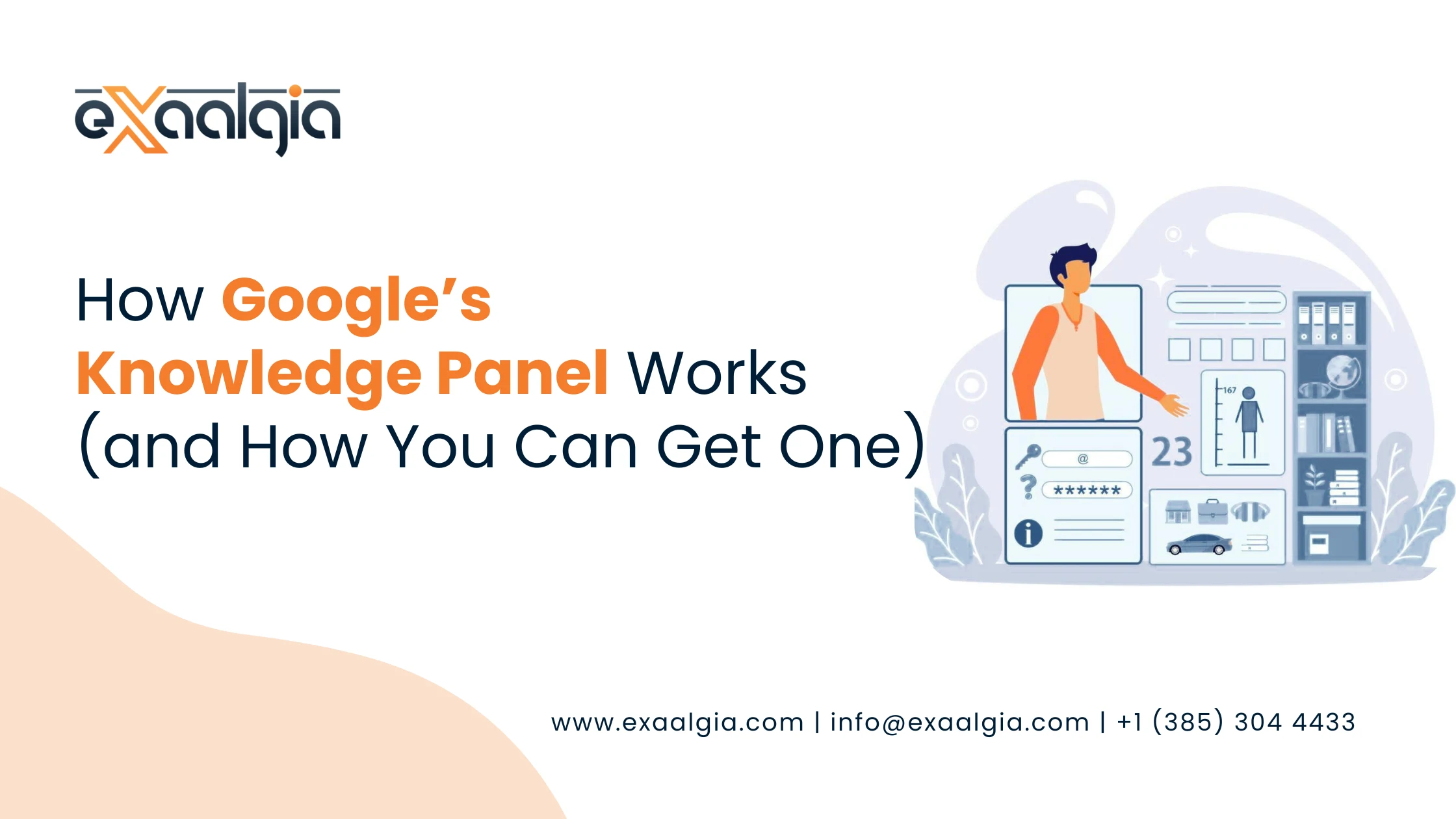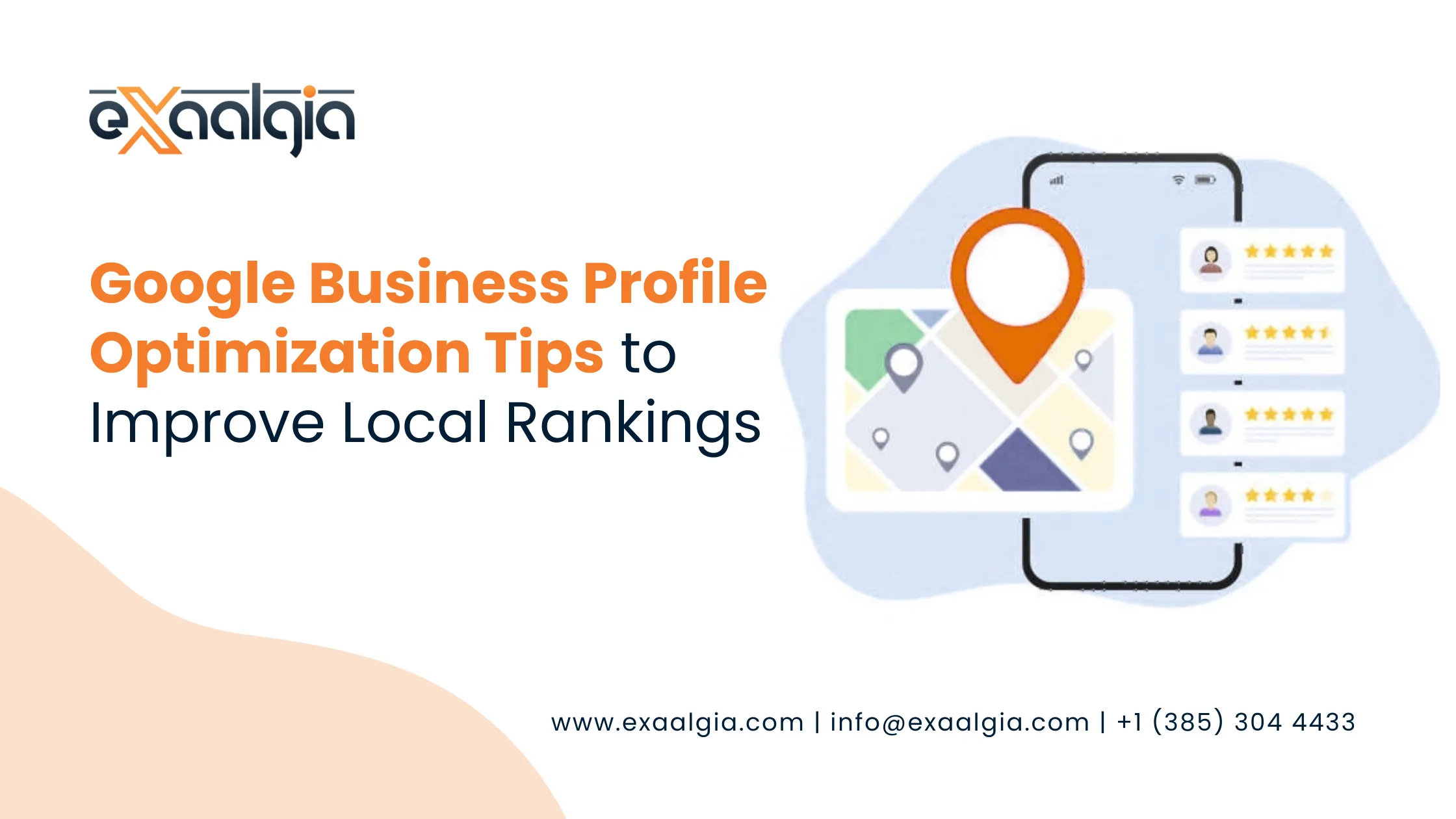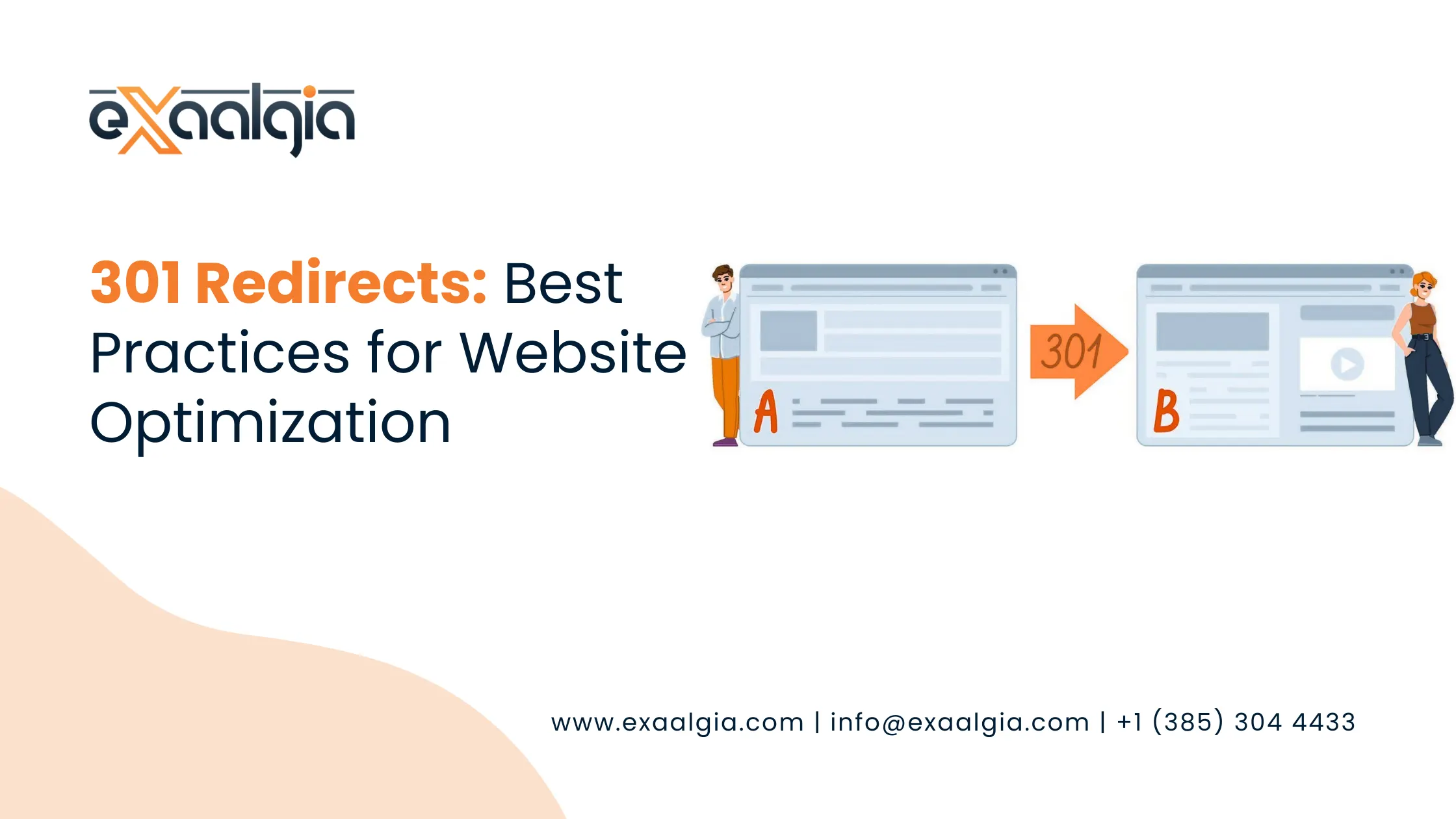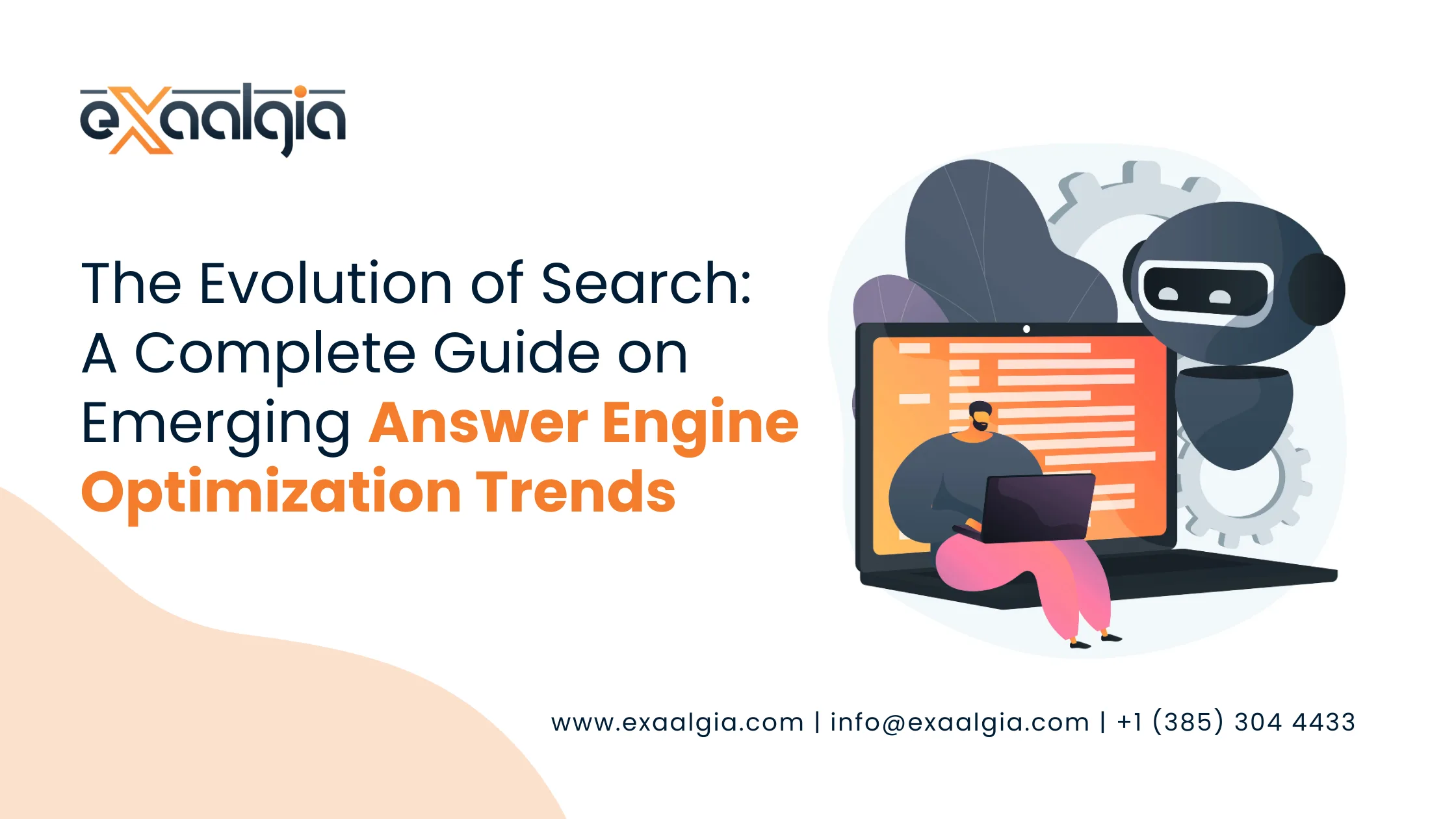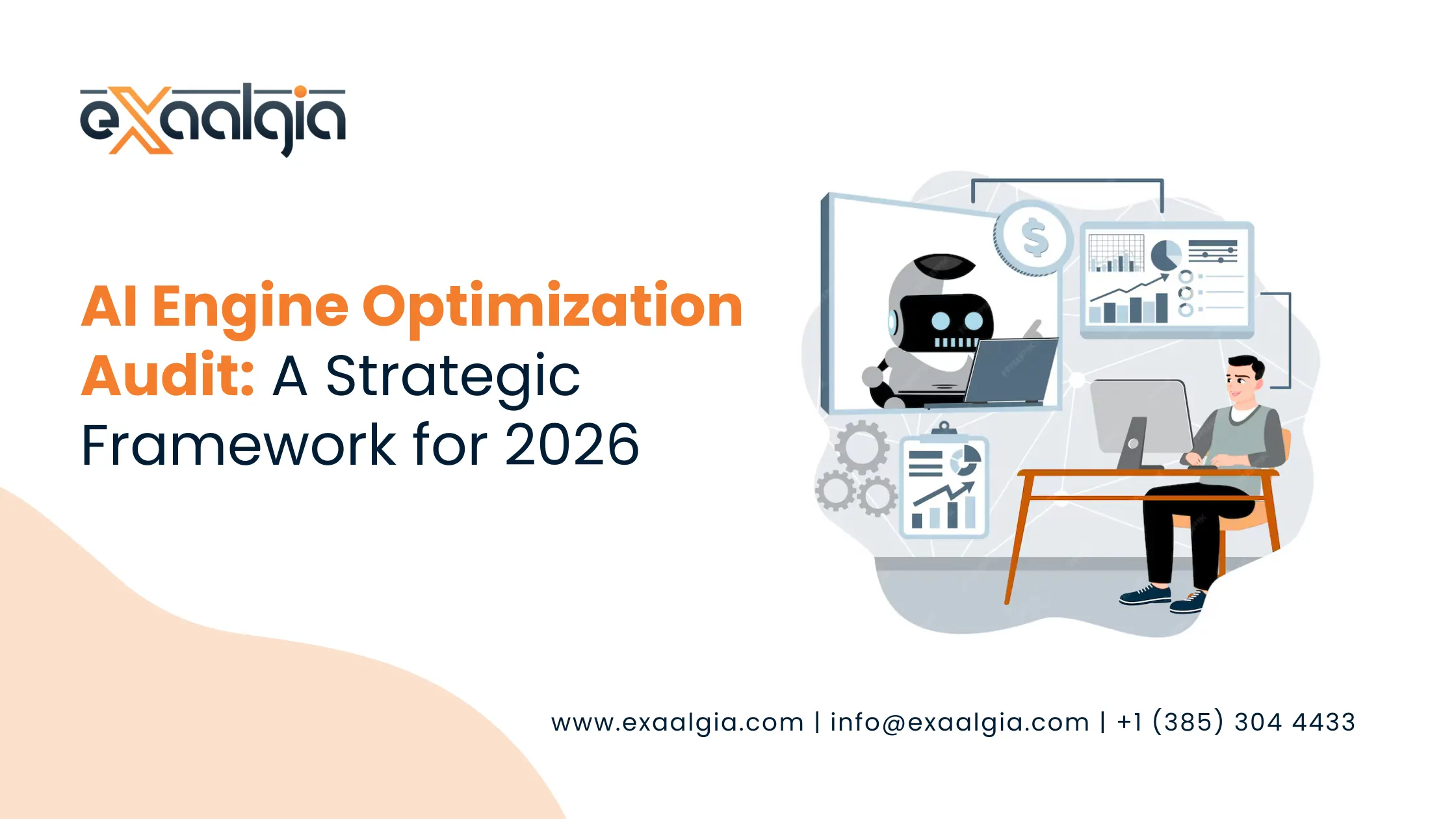The cool thing about the Knowledge Panel is that it instantly makes you or your business, look more credible. But here’s the big question most people have: how does it actually work, and how can you get one for yourself?
In this guide, we’ll break it down in plain English. You’ll learn how Google decides who gets a panel, where the information comes from, and the practical steps you can take to increase your chances of showing up with one.
What Is a Knowledge Panel?
Think of the Knowledge Panel as Google’s way of giving quick answers without making you click around the web.
- If you type in “Albert Einstein,” you’ll see a panel with his photo, birthday, discoveries, and books.
- If you search for “Nike,” Google shows the company logo, headquarters, CEO, and link to the website.
- For local businesses, a Knowledge Panel might include maps, reviews, open hours, and directions.
In other words, the panel is like your digital business card curated by Google and powered by something called the Google Knowledge Graph.
So, How Does Google’s Knowledge Panel Actually Work?
To get why Knowledge Panels show up (or don’t), let’s peek behind the curtain.
1. Powered by Google’s “Knowledge Graph”
Back in 2012, Google launched what it calls the Knowledge Graph, a massive database of people, places, and things, plus the connections between them. Instead of just matching search keywords, the Knowledge Graph helps Google understand what a search really means.
For example: when you type “Apple,” do you mean the fruit… or the iPhone company? The Knowledge Graph decides.
2. Where Does Google Pull the Info From?
Google doesn’t just make this stuff up, it pulls from trusted and structured sources:
- Wikipedia and Wikidata (big favorites)
- Official websites and social channels
- Major databases like IMDb, MusicBrainz, or Goodreads
- Local listings (like Google Business Profile info)
- Authoritative media outlets
The more consistent your information is across these sources, the “safer” Google feels showcasing it.
3. Algorithms Do the Heavy Lifting
Once Google knows who or what you are, it uses AI-driven algorithms to figure out:
- The essentials (name, job title, location, roles)
- Attributes (age, founder of X, parent company, awards, etc.)
- Connections (spouse, subsidiaries, other companies, collaborations)
4. Constant Updates
Panels aren’t frozen in time. They’re always updating if your Wikipedia is edited, a new article gets published, or you update your official profiles. That’s why some panels evolve over time as the entity becomes more noteworthy.
Types of Knowledge Panels
Not every panel is the same, and knowing which one applies to you can help guide your strategy:
- Personal Panels: For public figures, executives, influencers, and authors. Example: “Elon Musk.”
- Brand/Company Panels: For businesses, products, startups, and corporations. Example: “Tesla.”
- Local Business Panels: Tied to Google Maps and your Google Business Profile listing.
- Media & Creative Works: For books, movies, songs, and albums.
- Concept Panels: For ideas or topics like “Climate Change” or “Digital Marketing.”
The common thread? You or your business need to exist in Google’s Knowledge Graph first.
Why Do Knowledge Panels Matter?
It’s easy to dismiss the panel as just “extra fluff,” but it’s surprisingly powerful:
- Instant credibility: It feels official. It’s almost like Google is vouching for you.
- Bigger visibility: You stand out from the sea of blue links.
- More clicks where you want them: Panels usually link to your site and social channels.
- Brand control: Verified owners can suggest edits and make sure details are accurate.
- Stronger first impression: Think of it as professional polish for your search presence.
In short, a Knowledge Panel is free real estate on Google’s front page, and who wouldn’t want that?
How Do You Get a Knowledge Panel?
Now to the big “how.” Here’s the practical roadmap:
1. Establish Yourself as an Entity
Google has to recognize you as a legit entity. That means showing up in structured, reliable sources online:
- Wikidata or (if notable) Wikipedia pages
- News articles or press mentions
- Profiles on industry-specific databases
2. Build an Official Website (Google Loves Clarity)
Your website is your digital home base. Make it crystal clear who you are.
- Get a professional domain (yourname.com or brandname.com)
- Create an “About” page and contact info that match your social profiles
- Add structured data markup (Schema.org), so Google can “read” your site better
3. Use Structured Data (Schema)
Schema markup increases your chances of being read correctly by Google. Examples:
- Person schema: Age, job title, photos, social links
- Organization schema: Logo, employees, contact details
- LocalBusiness schema: Your exact address, opening hours, and more
4. Keep Your Branding Consistent Everywhere
Make sure your logo, bio, usernames, and links look aligned across all platforms. Little inconsistencies (different job titles, different spellings) confuse Google and slow the process down.
5. Get Cited on Authoritative Websites
The stronger and more trusted your online mentions, the better. Guest posts, press features, interviews, and mentions on established platforms all help confirm you’re legitimate.
6. Leverage Wikidata and Wikipedia
- Wikidata: Easier to enter basic entity details that support the Knowledge Graph.
- Wikipedia: Harder (because of strict notability guidelines), but incredibly powerful if achieved.
7. If You’re a Local Business, Claim Your Google Business Profile
This alone can trigger a Knowledge Panel with directions, reviews, and click-to-call functions. Fill it out completely, Google rewards detail and engagement.
8. Claim Your Panel Once It Appears
Already spotting a Knowledge Panel? Great! Hit the “Claim this Knowledge Panel” button. Verification usually involves linking Google with your official accounts. Once verified, you can submit edits to fine-tune what shows up.
Misconceptions About Knowledge Panels
- “I’ll just create my own Wikipedia page.”
Chances are, it’ll get deleted unless you truly meet notability standards. Focus on reliable mentions first. - “Local Business Listings = Knowledge Panels.”
They overlap, but they’re not the exact same. A small café might have a panel from its Google Business Profile, but that’s different than an entity-based Knowledge Graph panel. - “Once I have a panel, I control it.”
You can make suggestions, not changes. Ultimately, Google decides based on verified data.
Pro Tips to Improve Your Chances
Let’s recap a few best practices:
- Invest in a polished website with structured data.
- Grow a consistent presence across social platforms.
- Secure press mentions or guest features for added authority.
- Keep your key details (birthdate, founding date, address) the same everywhere.
- Engage and stay active online, dormant profiles don’t help.
What’s Next for Knowledge Panels?
As AI and Google’s algorithms evolve, Knowledge Panels are becoming more interactive and tailored. In the near future, we’ll likely see:
- Personalized results based on who’s searching.
- More integration with voice assistants like Alexa or Google Assistant.
- Stronger focus on verified sources, making fake info harder to spread.
That means the earlier you start building a strong digital footprint, the better.
Ready to Build Your Own Knowledge Panel?
Getting a Google Knowledge Panel isn’t about gaming the system or tricking algorithms. It’s about building trust, consistency, and authority across the web.
If you invest in high quality content, structured data, consistent branding, and credible third party mentions, your chances of landing a panel grow significantly.
And once you do? You gain an edge: instant credibility, stronger visibility, and a polished online reputation that sets you apart.
In today’s fast-paced digital world, that’s a big deal.
FAQs
- Can anyone get a Google Knowledge Panel?
Not exactly. You need enough online presence and recognition for Google to generate one. - Do I need a Wikipedia page to qualify?
It helps, but it’s not mandatory. Other authoritative listings can also work. - How do I edit the details in my panel?
Claim it through Google, then suggest edits. Google reviews them before making updates. - Does having a Knowledge Panel help my SEO?
Indirectly, yes. It builds trust and drives clicks, which benefits your SEO efforts. - What’s the difference between Knowledge Panels and Featured Snippets?
A Knowledge Panel summarizes facts about an entity. A Featured Snippet pulls specific answers from a website.

